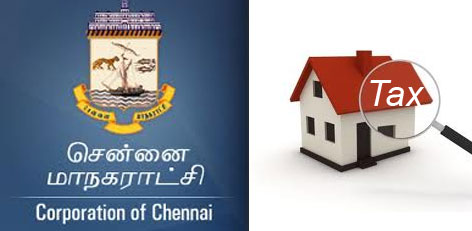Chennai Corporation Announces Significant Company Tax Revision for Fiscal Year 2023-2024
Posted on: 13/Sep/2023 9:57:40 AM

In a recent development, the Chennai Corporation has made substantial changes to the company tax rates following a revision of property taxes. These new rates are set to come into effect during the second half of the current fiscal year, spanning from 2023 to 2024.
Under the updated taxation structure, companies with investments of less than one lakh rupees, which previously paid Rs 100 as company tax for half a year, will now see a threefold increase, resulting in a new tax amount of Rs 300.
For companies with investments ranging from Rs 1 lakh to Rs 1.99 lakh, the revised tax obligation stands at Rs 600, while those with investments between Rs 2 lakh and Rs 2.99 lakh will be required to pay Rs 900.
Significantly, firms with investments exceeding 10 lakhs, which previously paid Rs 1000, will now face a higher tax burden of Rs 3000, payable once every six months. It`s essential to note that these tax changes apply to companies whose headquarters lie outside the Chennai Corporation`s jurisdiction but generate gross income within or from the city.
Furthermore, companies reporting profits exceeding Rs 20,000 will be subject to a tax payment of Rs 300 per half year, along with an additional amount calculated at a rate of Rs 75 for every Rs 5,000 in income. The maximum tax liability for companies situated in Chennai but headquartered elsewhere will not exceed Rs 3,000 per half year, as per a notification released by Chennai Corporation Commissioner J. Radhakrishnan.
T. Srinivasan, the General Secretary of the Chennai Corporation Red Flag Union, expressed concerns regarding the revision. He pointed out that the corporation had not adjusted the company tax rates during the COVID-19 pandemic. Srinivasan emphasized the need for authorities to ensure the collection of company taxes, along with any applicable penalties for overdue payments. Additionally, he called for more substantial public benefits derived from the revenue generated through company and property taxes, highlighting the need for enhanced services for both citizens and businesses.







